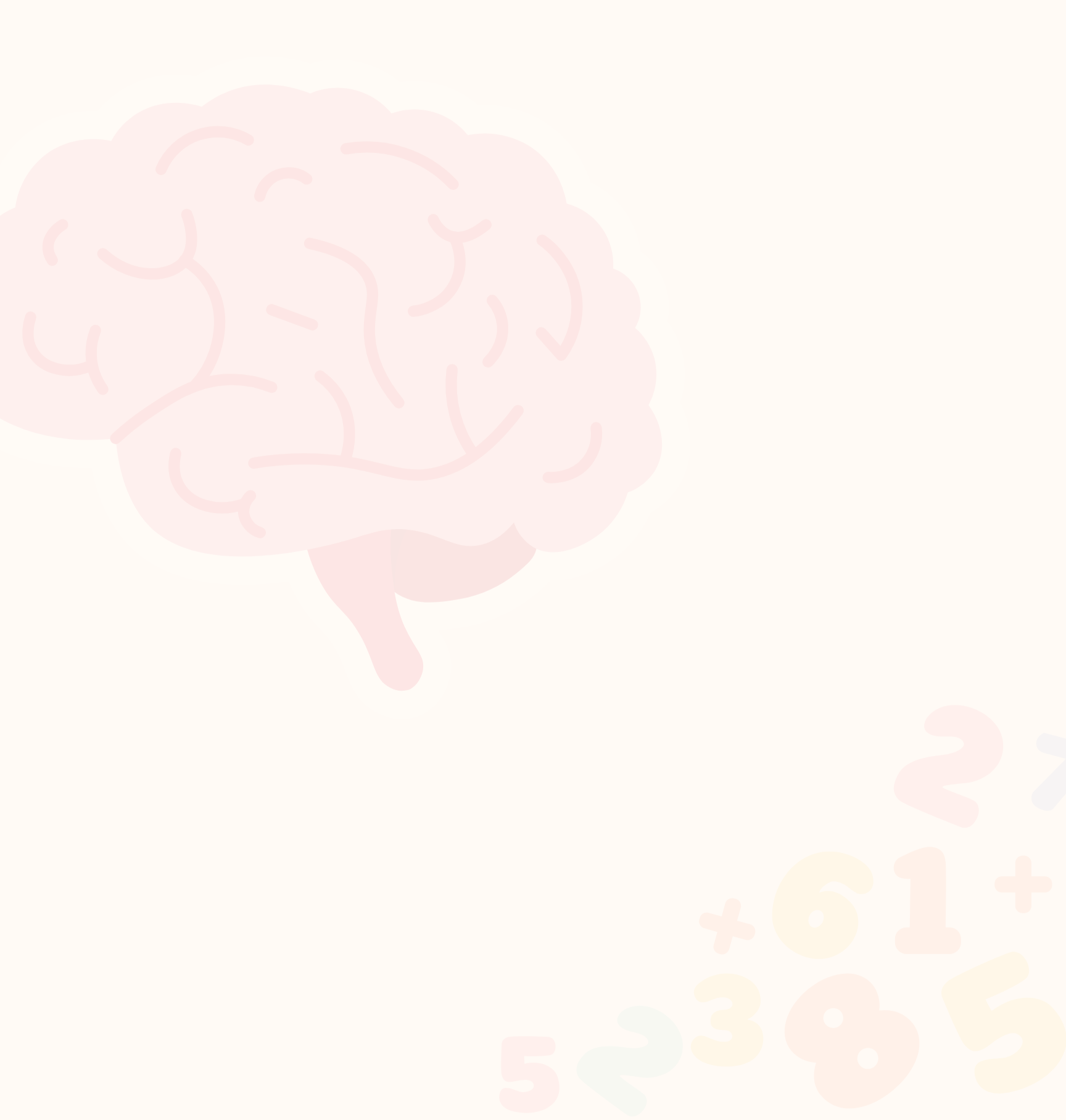
COGNITIVE PERFORMANCE TESTS

The Cognitive Performance Test is an assessment that evaluates how effectively your brain is functioning in core areas such as memory, attention, processing speed, and problem-solving. It highlights your cognitive strengths and reveals areas that may benefit from additional support, offering a clear snapshot of your brain’s performance. The test consists of focused evaluations designed to measure key functions such as:
Attention
This test measures the ability to pay attention, to select a pattern or process in your environment and follow it over time. This core skill helps individuals find and use resources to meet physical, mental, and social needs, ensuring safety, security, and well-being.
Short Term Memory
This test checks how well you can remember small bits of visual information for a short time, like a phone number, address, or recent instructions. Challenges in this area can make it harder to follow directions or keep up in social interactions.
Auditory Short Term Memory
This test measures the ability to temporarily hold and use auditory information. It is essential for tasks like remembering phone numbers, new instructions, or what was just said in a conversation. Difficulties in this area can affect following directions and engaging in social interactions.
Working Memory
This test measures how well you can hold and work with visual information in your mind. It is especially important for math and problem-solving, where many facts must be remembered and organized. Challenges in this area can make math and complex tasks more difficult.
Auditory Working Memory
This test measures how well you can briefly hold and recall information you hear. It’s an important skill for remembering things like phone numbers, instructions, or details from a conversation. Difficulties in this area can make it harder to follow directions and keep up in social interactions.
Sequential Memory
This test measures how well you remember things in order, such as steps in directions or where items are placed. It’s also linked to remembering spoken tones or music.
List Acquisition
This test looks at how well you can learn, hold, and recall a list of words or terms. It is an important part of working memory that supports both verbal and math learning, helping you remember items or rules and apply them correctly.
Filtering
This test measures how well you can focus on important details while filtering out distractions. Strong filtering skills are essential for recognizing information, planning, making decisions, and successfully carrying out tasks.
Episodic Memory
This test measures how well you can remember key details from a story or event. Episodic memory is important for problem-solving and plays a vital role in reading comprehension.
Executive Function
This test measures skills such as goal-setting, organization, planning, decision-making, flexibility, and self-control. These abilities work closely with attention and memory and are essential for understanding social situations and developing effective strategies to navigate them.
Spatial Sorting
This test measures how well you can notice, remember, and recall objects or patterns. It includes short-term and working visual memory, which are essential for learning math, understanding geometric images, and mentally working with visual information.
